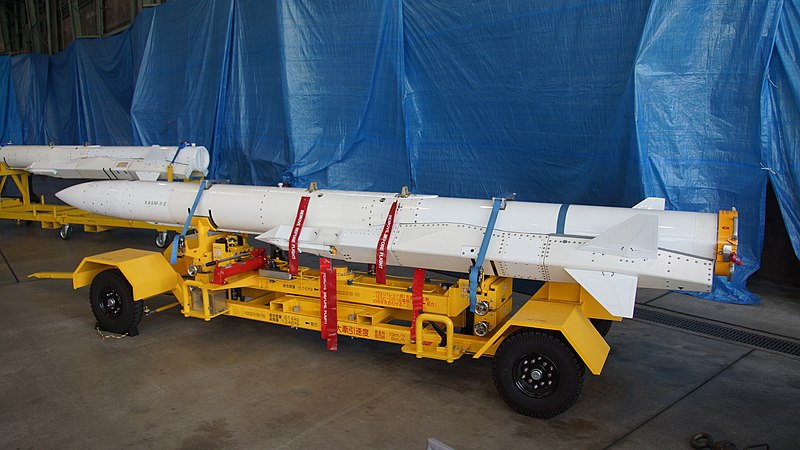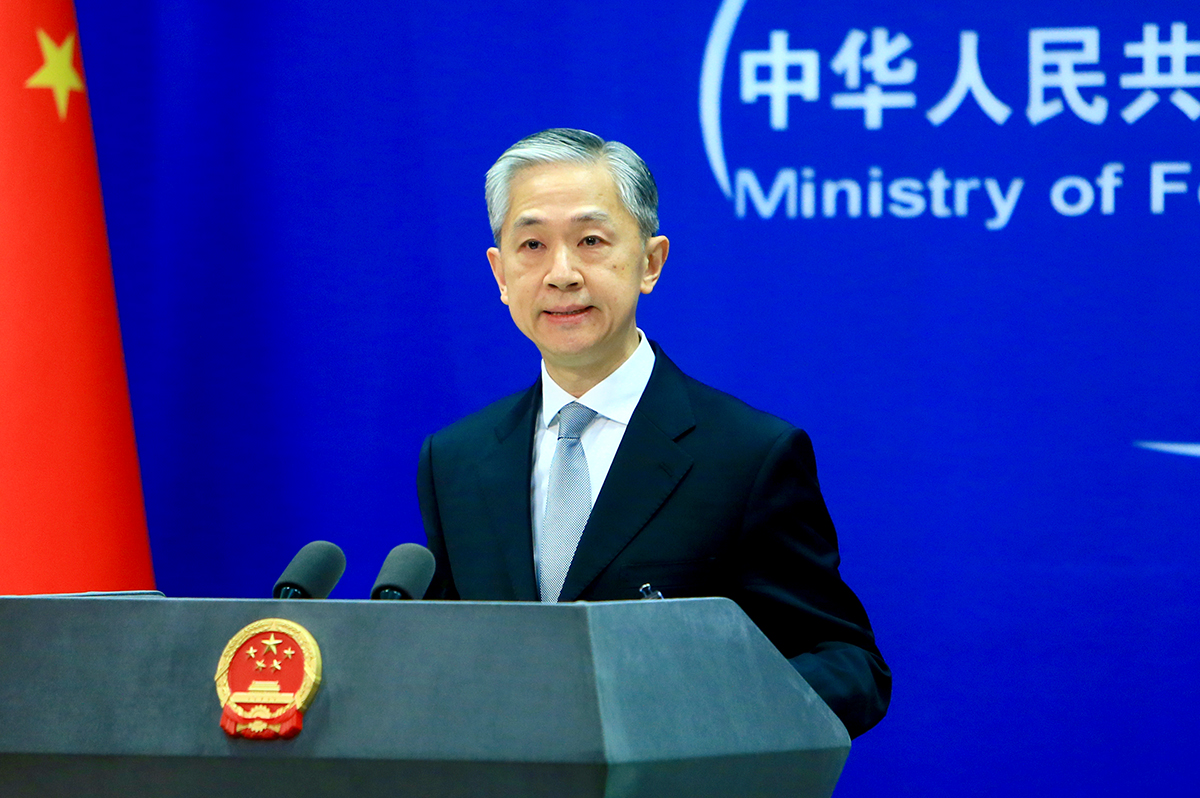Japan is reportedly seeking to increase the range of its cruise missiles to more than 1,000 kilometers, presumably to counter Chinese threats.
By 2025, the Japanese Defense Ministry hopes to have these missiles on the ground. Mitsubishi Heavy Industries will develop missiles that can be launched from land, air, and sea. Currently, Japan has below 500-km range missiles.
Considering Japan’s history, China and South Korea will be concerned about this missile development strategy. China is already demonstrating its military power in the region, having recently deployed for the first time the Y-20U refueling variant of its domestic built transport aircraft to Taiwan’s Air Identification Defense Zone.
China has already fielded intermediate-range ballistic missiles capable of striking any Japanese city as well as the US military facility on Guam. These missiles have been dubbed “ship killer” and “Guam killer” by the Chinese state-run media.

The United States is considering deploying a missile network on the first island chain from Okinawa to Taiwan and the Philippines, amid mounting concerns about China’s military activities.
In readiness for a Taiwan emergency, a report from the US Congress urged a conversation to persuade partner countries to approve the basing of US intermediate-range missiles in the region.
The government’s strategy, which it considers as a form of deterrence, comes at a time when missile development in the Indo-Pacific area is becoming increasingly competitive. Tokyo claims it has no choice but to improve Japan’s defense capability.
China’s foreign ministry has previously stated that if the United States places intermediate-range missiles in the region, Beijing will be forced to “take countermeasures”. China is hopeful that the US’ deployment will also be met with opposition from Japan and South Korea.
In May, South Korea dropped its policy of limiting ballistic missile range to 800 kilometers. North Korea already possesses ballistic missiles with a range of over 1,000 kilometers, putting Japan in the crosshairs. Tokyo has banked on the idea that its troops can take down incoming missiles until now. However, as military technology has evolved, the government has modified its policy, rendering Japan’s more conventional missiles outdated.

Prime Minister Fumio Kishida is confident in his country’s ability to counter an enemy on its own, adding that he will examine all alternatives without eliminating them and strengthen the required defensive capabilities. In the fiscal year 2021, the defense ministry began developing land-based missiles. Tokyo will begin testing prototypes onboard ships and fighters in the coming fiscal year. The estimated total development cost is around 100 billion yen ($880 million).
In addition, the new missiles will be able to follow targets and hit with greater precision. By fiscal 2025, Japan intends to have completed technical and application tests for grounded missiles. The prototype missiles that can be installed on ships and fighter jets will be tested in fiscal years 2026 and 2028, respectively.
Shinzo Abe’s Comment Triggers A Row
“An armed invasion of Taiwan would be a significant danger to Japan,” former Japanese Prime Minister Shinzo Abe warned at a virtual event hosted by a Taiwanese think tank earlier this week.
“A Taiwan emergency is a Japanese emergency, and thus a Japan-US alliance emergency. People in Beijing, President Xi Jinping in particular, should not have a misunderstanding in recognizing this.”
Former Japanese Prime Minister Shinzo Abe warns of a dire situation if China takes military action against Taiwan https://t.co/zkSMQliI8w
— Bloomberg (@business) December 1, 2021
Military adventures are a path to economic suicide. If such an adventure is committed against Taiwan, it will have a tremendous impact on the global economy and deeply hurt China,” he explained, emphasizing that Japan, the Taiwan administration and the entire democratic community should relentlessly urge Xi Jinping and the Chinese Communist Party leadership not to tread the wrong path.
Former US President Donald Trump also stated that something major will occur following China’s hosting of the 2022 Winter Olympics in Beijing.
Chinese Foreign Ministry spokesperson Wang Wenbin hit back, by stating Abe “spoke nonsense, pointed fingers at Taiwan issues and made irresponsible remarks on China internal matters”.

“China seriously opposes and deplores this”, he stressed, adding that China had expressed its unhappiness to Japan through diplomatic channels.
For 50 years, Taiwan was a Japanese colony until World War II ended and the two countries’ ties are still strong, owing to the US-Japan security alliance and Washington’s robust, albeit unofficial, backing for the island. China considers Taiwan a breakaway province and hopes to reunite it with the mainland in the near future.
Meanwhile, US Secretary of Defense Lloyd Austin and Japanese Defense Minister Nobuo Kishi have held a phone conversation, during which they agreed to hold a meeting in a 2+2 format with the nations’ foreign policy chiefs, the US Department of Defense said.
During the conversation, Austin and Kishi expressed commitment to security and stability in the Asia Pacific region, as well as pointed out the strength of the US-Japanese alliance.
“Secretary Austin and Minister Kishi discussed efforts to deepen defense cooperation to maintain regional deterrence, and agreed to hold a Security Consultative Committee ‘2+2’ meeting at an early date,” the Pentagon said in a statement on late Friday.
The ministers also stressed the importance of close trilateral cooperation between the US, Japan and South Korea.
- Contact the author at ashishmichel@gmail.com
- Follow EurAsian Times on Google News





